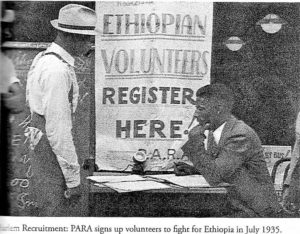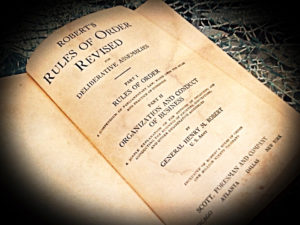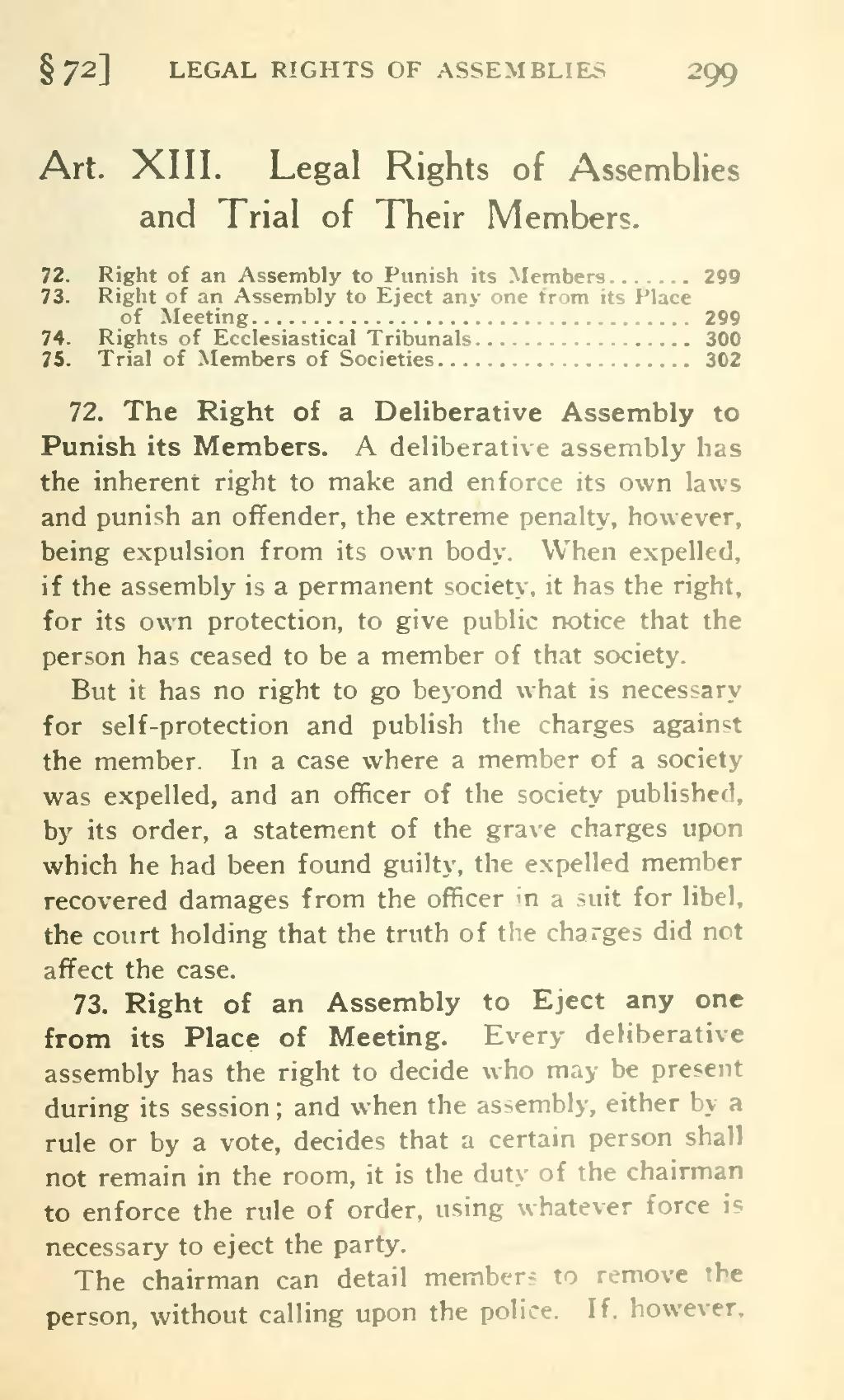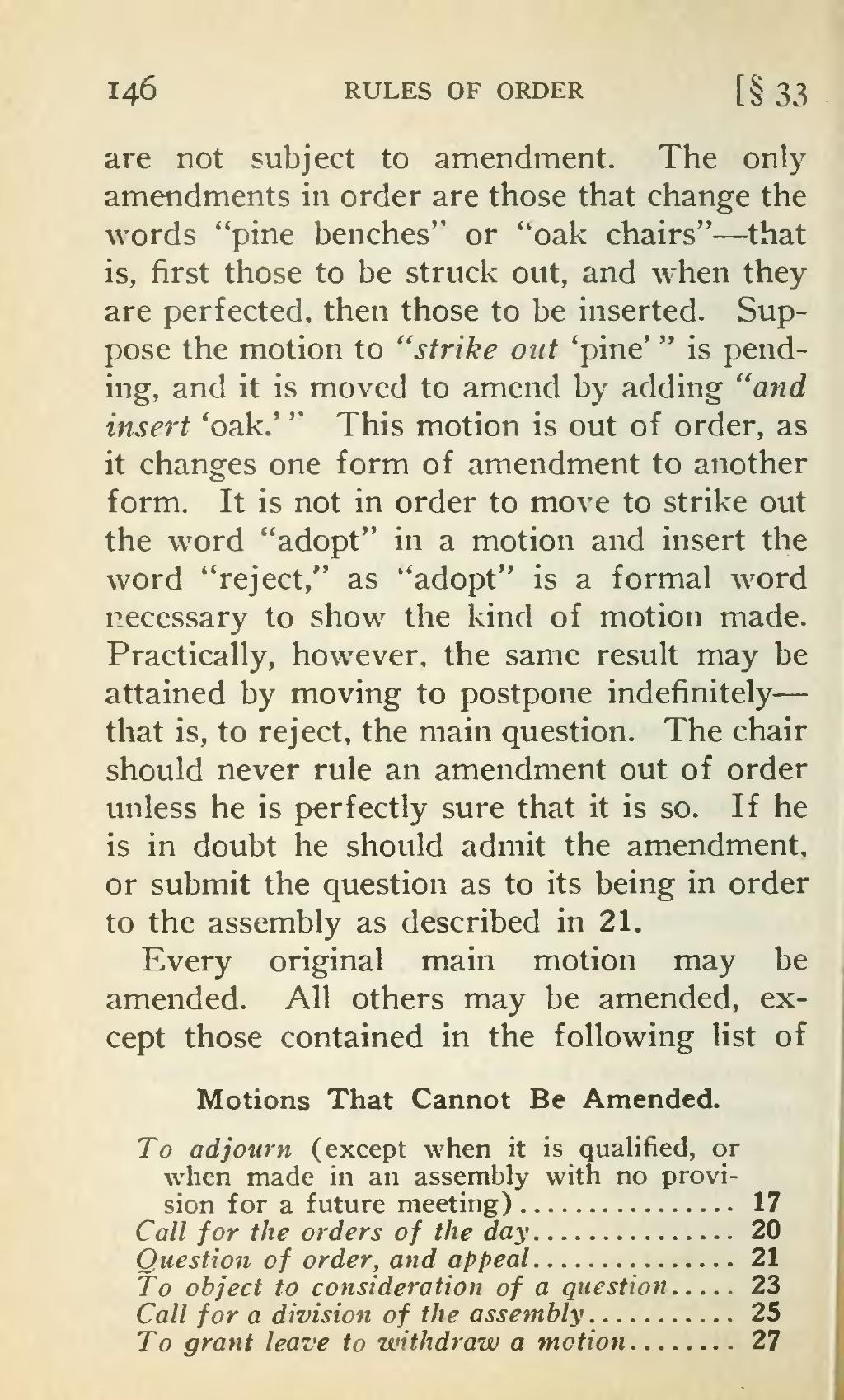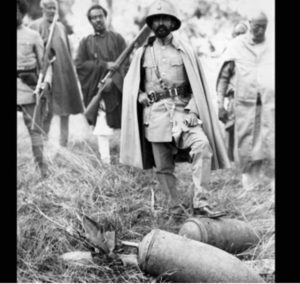![Coronation of H.I.M Emperor Haile Selassie I]()
Oct 16, 2017 | Culture, Dates, History
 Important Dates: November 2nd
On November 2, 1930, Ras Tafari Makonnen the descendent of King Solomon and the Queen of Sheba, was crowned Emperor of Ethiopia. At his Coronation he took the name Haile Selassie I, meaning “Might of the Trinity.”
He was also known as the King of Kings, Lord of Lords, Conquering Lion of the Tribe of Judah, Elect of God, Light of this World and was the 225th restorer of the Solomonic Dynasty.
The Coronation, which was held at St Georges Cathedral in Addis Ababa, was attended by hundreds of foreign dignitaries from France, USA, Japan, England and Germany to name a few countries; Ethiopian nobles, the clergy and Ethiopian citizens to gather to witness the anointing and crowning of Haile Selassie I and his wife Empress Menen.
The event was also covered by the world’s press.
Important Dates: November 2nd
On November 2, 1930, Ras Tafari Makonnen the descendent of King Solomon and the Queen of Sheba, was crowned Emperor of Ethiopia. At his Coronation he took the name Haile Selassie I, meaning “Might of the Trinity.”
He was also known as the King of Kings, Lord of Lords, Conquering Lion of the Tribe of Judah, Elect of God, Light of this World and was the 225th restorer of the Solomonic Dynasty.
The Coronation, which was held at St Georges Cathedral in Addis Ababa, was attended by hundreds of foreign dignitaries from France, USA, Japan, England and Germany to name a few countries; Ethiopian nobles, the clergy and Ethiopian citizens to gather to witness the anointing and crowning of Haile Selassie I and his wife Empress Menen.
The event was also covered by the world’s press.
“And he hath on his vesture and on his thigh, a name writing, KING OF KINGS, AND LORD OF LORDS”
]]>
![Coronation of H.I.M Emperor Haile Selassie I]()
May 24, 2017 | Culture, Dates, Ethiopia, Events, Historical Culture, History, Important Dates
 commemoration of the 25th May 1963 foundation of the Organisation of African Unity (now known as the African Union). It is celebrated in various countries on the African continent, as well as around the world. On 25 May 1963, representatives of thirty African nations attended a meeting in Addis Ababa, Ethiopia, hosted by Emperor Haile Selassie I. By that time more than two-thirds of the continent had achieved independence, mostly from imperial European states. It was at this meeting, that the Organisation of African Unity was founded. The African Union theme for 2017 is “Harnessing Demographic Dividend through Investments in the Youth”. This theme was chosen since the future of our continent, our unity, our hopes and aspirations for the peaceful and prosperous Africa, rests in the hands of our young people.
In the late 1950’s, Dr. Kwame Nkrumah first President of Ghana and the first Prime Minister of Ghana introduced the concept of African Unity to the continent this concept, stressed the immediate unity of the African continent.
He was inspired by the writings of black intellectuals such as Marcus Garvey, W. E. B. Du Bois, and George Padmore, and his relationships with them. Much of his understanding and relationship to these men was created during his years in America as a student. Some would argue that his greatest inspiration was Marcus Garvey.
Read on…………………………………………………]]>
commemoration of the 25th May 1963 foundation of the Organisation of African Unity (now known as the African Union). It is celebrated in various countries on the African continent, as well as around the world. On 25 May 1963, representatives of thirty African nations attended a meeting in Addis Ababa, Ethiopia, hosted by Emperor Haile Selassie I. By that time more than two-thirds of the continent had achieved independence, mostly from imperial European states. It was at this meeting, that the Organisation of African Unity was founded. The African Union theme for 2017 is “Harnessing Demographic Dividend through Investments in the Youth”. This theme was chosen since the future of our continent, our unity, our hopes and aspirations for the peaceful and prosperous Africa, rests in the hands of our young people.
In the late 1950’s, Dr. Kwame Nkrumah first President of Ghana and the first Prime Minister of Ghana introduced the concept of African Unity to the continent this concept, stressed the immediate unity of the African continent.
He was inspired by the writings of black intellectuals such as Marcus Garvey, W. E. B. Du Bois, and George Padmore, and his relationships with them. Much of his understanding and relationship to these men was created during his years in America as a student. Some would argue that his greatest inspiration was Marcus Garvey.
Read on…………………………………………………]]>
![Coronation of H.I.M Emperor Haile Selassie I]()
May 3, 2017 | Culture, Dates, Ethiopia, Events, History, Important Dates, Kotebe Addis Ababa
Haile Selassie Triumphantly returns to Addis Ababa
On this day 5th May 1941, Emperor Haile Selassie re-enters Addis Ababa, the  Ethiopian capital, exactly five years to the day of when it was occupied by Italy. Ethiopia known widely as Abyssinia was one of the first countries to be liberated during the Second World War.
Benito Mussolini had been eyeing Ethiopia (also known as Abyssinia) as an economic colony to be added to Italian Somaliland, in East Africa, since the 1920’s. Italy had an old score to settle after being one of the only countries to be defeated by an African Power during the first Italio-Ethiopian War by the then Ethiopian Emperor Menelik at Adowa on 1 March 1896. He hoped to resettle 10 million Italians in a unified East Africa.
(more…)
Ethiopian capital, exactly five years to the day of when it was occupied by Italy. Ethiopia known widely as Abyssinia was one of the first countries to be liberated during the Second World War.
Benito Mussolini had been eyeing Ethiopia (also known as Abyssinia) as an economic colony to be added to Italian Somaliland, in East Africa, since the 1920’s. Italy had an old score to settle after being one of the only countries to be defeated by an African Power during the first Italio-Ethiopian War by the then Ethiopian Emperor Menelik at Adowa on 1 March 1896. He hoped to resettle 10 million Italians in a unified East Africa.
(more…)

May 16, 2009 | Dates, Historical Culture, History
 The Battle of Adwa took place on 1st and 2nd March 1896 at Adwa in northern Ethiopia. The Battle occurred at a time when European nations were engaged in the scramble for Africa.
The Battle of Adwa took place on 1st and 2nd March 1896 at Adwa in northern Ethiopia. The Battle occurred at a time when European nations were engaged in the scramble for Africa.
Notably, at the Berlin Conference in 1884-85, Africa was divided up for the European nations to colonise and Ethiopia was awarded to the Italians, all Italy had to do was use its troops to take possession of Ethiopia. On the 2nd March 1896, united Ethiopian forces commanded by Emperor Menelik II defeated the Italian army at the Battle of Adwa. It was the first time an African nation had defeated a European power. The Ethiopian victory at Adwa prevented the Italians from colonising Ethiopia.
(more…)
 Important Dates: November 2nd
On November 2, 1930, Ras Tafari Makonnen the descendent of King Solomon and the Queen of Sheba, was crowned Emperor of Ethiopia. At his Coronation he took the name Haile Selassie I, meaning “Might of the Trinity.”
He was also known as the King of Kings, Lord of Lords, Conquering Lion of the Tribe of Judah, Elect of God, Light of this World and was the 225th restorer of the Solomonic Dynasty.
The Coronation, which was held at St Georges Cathedral in Addis Ababa, was attended by hundreds of foreign dignitaries from France, USA, Japan, England and Germany to name a few countries; Ethiopian nobles, the clergy and Ethiopian citizens to gather to witness the anointing and crowning of Haile Selassie I and his wife Empress Menen.
The event was also covered by the world’s press.
Important Dates: November 2nd
On November 2, 1930, Ras Tafari Makonnen the descendent of King Solomon and the Queen of Sheba, was crowned Emperor of Ethiopia. At his Coronation he took the name Haile Selassie I, meaning “Might of the Trinity.”
He was also known as the King of Kings, Lord of Lords, Conquering Lion of the Tribe of Judah, Elect of God, Light of this World and was the 225th restorer of the Solomonic Dynasty.
The Coronation, which was held at St Georges Cathedral in Addis Ababa, was attended by hundreds of foreign dignitaries from France, USA, Japan, England and Germany to name a few countries; Ethiopian nobles, the clergy and Ethiopian citizens to gather to witness the anointing and crowning of Haile Selassie I and his wife Empress Menen.
The event was also covered by the world’s press.

 commemoration of the 25th May 1963 foundation of the Organisation of African Unity (now known as the African Union). It is celebrated in various countries on the African continent, as well as around the world. On 25 May 1963, representatives of thirty African nations attended a meeting in Addis Ababa, Ethiopia, hosted by Emperor Haile Selassie I. By that time more than two-thirds of the continent had achieved independence, mostly from imperial European states. It was at this meeting, that the Organisation of African Unity was founded. The African Union theme for 2017 is “Harnessing Demographic Dividend through Investments in the Youth”. This theme was chosen since the future of our continent, our unity, our hopes and aspirations for the peaceful and prosperous Africa, rests in the hands of our young people.
In the late 1950’s, Dr. Kwame Nkrumah first President of Ghana and the first Prime Minister of Ghana introduced the concept of African Unity to the continent this concept, stressed the immediate unity of the African continent.
He was inspired by the writings of black intellectuals such as Marcus Garvey, W. E. B. Du Bois, and George Padmore, and his relationships with them. Much of his understanding and relationship to these men was created during his years in America as a student. Some would argue that his greatest inspiration was Marcus Garvey.
commemoration of the 25th May 1963 foundation of the Organisation of African Unity (now known as the African Union). It is celebrated in various countries on the African continent, as well as around the world. On 25 May 1963, representatives of thirty African nations attended a meeting in Addis Ababa, Ethiopia, hosted by Emperor Haile Selassie I. By that time more than two-thirds of the continent had achieved independence, mostly from imperial European states. It was at this meeting, that the Organisation of African Unity was founded. The African Union theme for 2017 is “Harnessing Demographic Dividend through Investments in the Youth”. This theme was chosen since the future of our continent, our unity, our hopes and aspirations for the peaceful and prosperous Africa, rests in the hands of our young people.
In the late 1950’s, Dr. Kwame Nkrumah first President of Ghana and the first Prime Minister of Ghana introduced the concept of African Unity to the continent this concept, stressed the immediate unity of the African continent.
He was inspired by the writings of black intellectuals such as Marcus Garvey, W. E. B. Du Bois, and George Padmore, and his relationships with them. Much of his understanding and relationship to these men was created during his years in America as a student. Some would argue that his greatest inspiration was Marcus Garvey.





